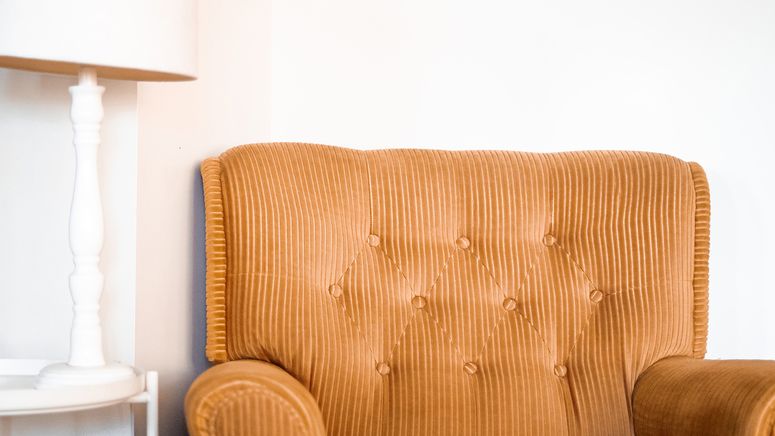It’s a familiar scenario. The time comes to move into aged care, so the family home gets sold to fund it. Most people presume that’s the best – or the only – way to go, given the cost of living in aged care. But there are other approaches that might be more financially beneficial in the long run.
Get up-to-the-minute advice
There’s no denying that moving into aged care, whether it’s for yourself or a loved one, is a complex minefield, with bamboozling talk of RADs and DAPs. State and federal rules governing aged care are also changing all of the time. That’s why it’s absolutely vital you speak to a qualified aged care financial adviser as a first port of call, so you can be armed with all the information you need to avoid any potential pitfalls.
Protect your pension
One of the biggest things to remember is how selling the family home can impact your aged pension. Once you’ve paid for your spot in an aged care home, the money left over from the sale is considered an assessable asset by Centrelink, and this can have a direct affect on your pension. You could lose a significant amount, so you need to consider this possibility when you’re thinking of selling. The earlier you can start planning, the better the possible outcome for you and your family.
Renting your home is an option
An alternative is to keep the home, protecting most of your pension, and rent it out. So, instead of paying the full lump sum ‘Refundable Accommodation Deposit’ (RAD) to move into the facility of your choice, you can pay a higher ‘Daily Accommodation Payment’ (DAP), if you have the funds to cover it. It’s also possible to pay with a combination of RAD and the DAP. Retaining the house also gives you the chance of ongoing capital growth, should you need to sell it at a later date. Just make sure to explore whether the rental income will have an impact on your pension.
Finetune fees
Speaking of assets, another factor to be aware of if you decide to hang on to the family home, is the ‘home exemption cap’. As opposed to selling your house and receiving a lump sum, which means your means-tested fees will be higher, the ‘home exemption cap’ only includes a part of your home’s value, so your means-tested fees won’t be as high. Your house is also exempt from means-testing for your aged pension for up to two years – and if your spouse stays in the house, that two years only starts when they vacate it. In some cases, if a family member stays on in the house and is classified as a ‘protected person’, the house may not be counted as an asset at all.
While it’s a lot of information and numbers to get your head around, a specialist aged care financial adviser can make your options easy to understand.
Get those government rebates
Government rules and regulations are in constant flux, so it’s important that you always track down the latest government advice, especially in relation to pension eligibility. It also pays to be vigilant when it comes to new government subsidies or entitlements that might kick in. Make sure you do some regular financial housekeeping – you never know what new government initiatives you might benefit from. Just double-check that accessing them doesn’t have a negative impact on your pension or incomes. And remember that market fluctuations can make themselves felt in associated aged care fees.
This may all sound like juggling act only a dextrous octopus could pull off, but if you’ve got all the information, and an adviser to help you run a sense check over the whole operation, you can transition to aged care with a youthful and savvy spring in your financial step!
Frequently Asked Questions
How much does aged care financial advice cost?
A: Costs vary depending on the adviser and complexity of your situation. Some offer fixed-fee packages, while others charge hourly rates. Always ask for a clear quote upfront.
Is aged care financial advice worth the expense?
A: Yes—professional advice can help you save money, avoid costly mistakes, and preserve family assets. It’s especially valuable when navigating complex fee structures or asset planning.




